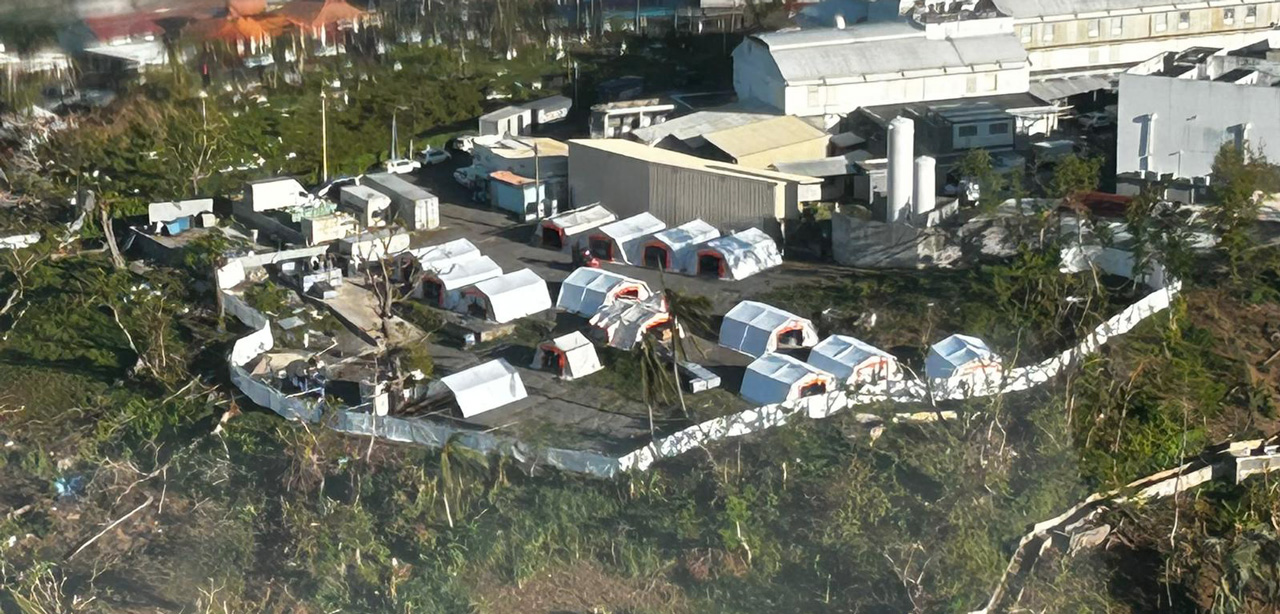Adaptation to heat is a major challenge for the Paris region (France). Based on fine-scale data for the 1,287 municipalities of the region over 2000-2017, we analyzed (time-serie design) the temperature-mortality relationship by territories (urban, suburban, rural), age (15-64 and ≥ 65) and sex, and explored how it was modified by vegetation and socio-economic indicators. Heat was associated with an increased mortality risk for all territories, age groups, sex, and mortality causes. Women aged 65 and over residing in the most deprived municipalities had a relative risk (RR) of deaths at 29.4 °C (compared to 16.6 °C) of 4.2 [3.8:4.5], while the RR was 3.4 [3.2:3.7] for women living in less deprived municipalities. Actions to reduce such sex and social inequities should be central in heat adaptation policy.
Auteur : Pascal Mathilde, Goria Sarah, Forceville Gauthier, Stempfelet Morgane, Host Sabine, Hough Ian, Lepeule Johanna, Alessandrini Jean-Marie, Cordeau Erwan, Rosso Amandine, Wagner Vérène, Lemonsu Aude
Health & Place, 2024, vol. 89, p. 103325


